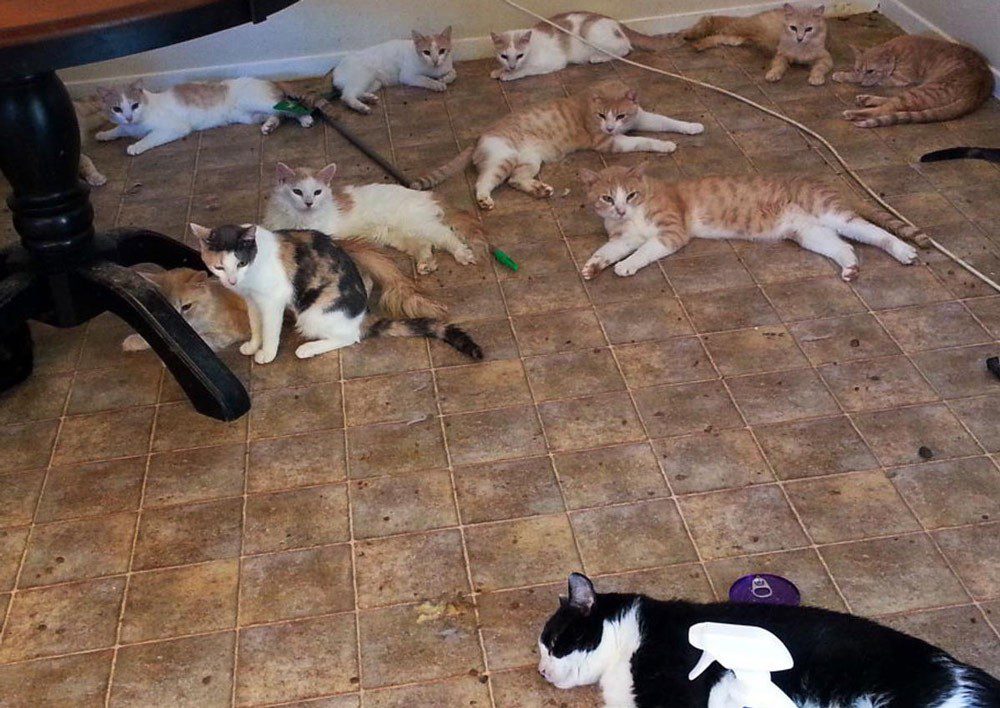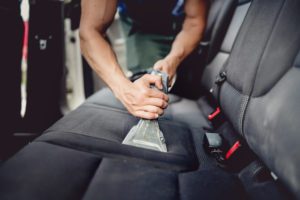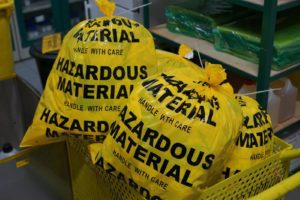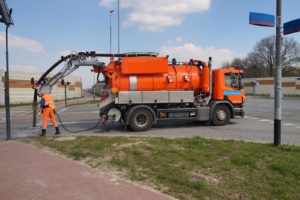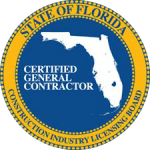
If a resident in your home or a rental unit engaged in animal hoarding, you often have a biohazard situation. An animal hoarding home can have serious health risks. Therefore, the cleaning situation is a delicate issue, best handled by a professional. Discover more about what animal hoarding is, what its health risks are, and why you need biohazard remediation.
What Is Animal Hoarding?
Animal hoarding is more than just keeping a few extra pets. It becomes a compulsion to collect and keep more animals than the person can care for. In general, many people who hoard animals start with good intentions that get out of control. Eventually, they end up unable to take good care of the animals and themselves.
What Are the Health Risks of Animal Hoarding?
Even keeping a few animals has health risks. However, if the number is small, you likely can keep your animals clean and healthy. However, people who hoard animals are often overwhelmed, so they get behind on their animal care. As a result, their house often has the following biohazards that make both animals and humans sick. Below is a list of some examples.
Parasites
People who hoard animals may not be able to keep up with parasite control. Fleas and ticks, for example, can easily pass from animal to animal as well as to humans.
Disease
Too many animals together, along with parasites, make disease transmission easier. People who hoard animals might not be able to afford proper health care and vaccinations.
Sanitation Issues
People who hoard animals might fail to clean pens, floors, or bedding their animals use. This lack of attention leads to the further spread of disease and bacteria. Bacteria can contaminate other surfaces and lead to food-borne illnesses.
Air Quality
Decaying waste often releases ammonia into the air. Also, dust, dander, and odors make breathing difficult. The problem gets so severe that one can’t enter the home without protective equipment.
Mildew
Many people who hoard animals might have trouble cleaning up after their pets, including removing uneaten food. Eventually, the food becomes moldy or fungus grows on it.
Clutter
Too many pets, cages, beds, and other items can cause a tripping problem. Excess clutter can make navigating the home difficult.
What Needs Cleaning After Animal Hoarding?
When you clear all the animals and people cleared from the home, that is only the beginning. Your home will not be habitable even if it looks okay. You must have professionals clean it. Discover some of the areas that need attention after an animal hoarding situation.
Walls
Walls often hold on to pet dander and dirt. The walls could also contain mold and other contaminants. They will often need a thorough cleaning and disinfecting.
Floors
Chances are that all your flooring will likely need deep cleaning or replacement, especially the carpets. Urine and feces can soak into padding and wood and cause odors and damage. Urine-damaged floors may need special treatment.
Kitchen
The kitchen will often need deep sanitization, often especially areas where the animal owner kept the pet’s food. Counters also often need deep disinfection. Cupboards are a good place for pests to hide, so they need special attention as well.
Bathroom
The bathroom is another problem area, especially if animals or their owner kept their litter boxes in there. A good cleaning can also remove mold and mildew.
Do not try to inhabit a home used for animal hoarding. It needs a deep cleaning. Because animal hoarding is a significant biohazard, your health could be a risk should you try to clean it yourself. Instead, hire American Family BioClean to take care of the cleaning for you. We have all the equipment and tools to do the work safely. We have several central Florida locations, so give us a call to get started.



